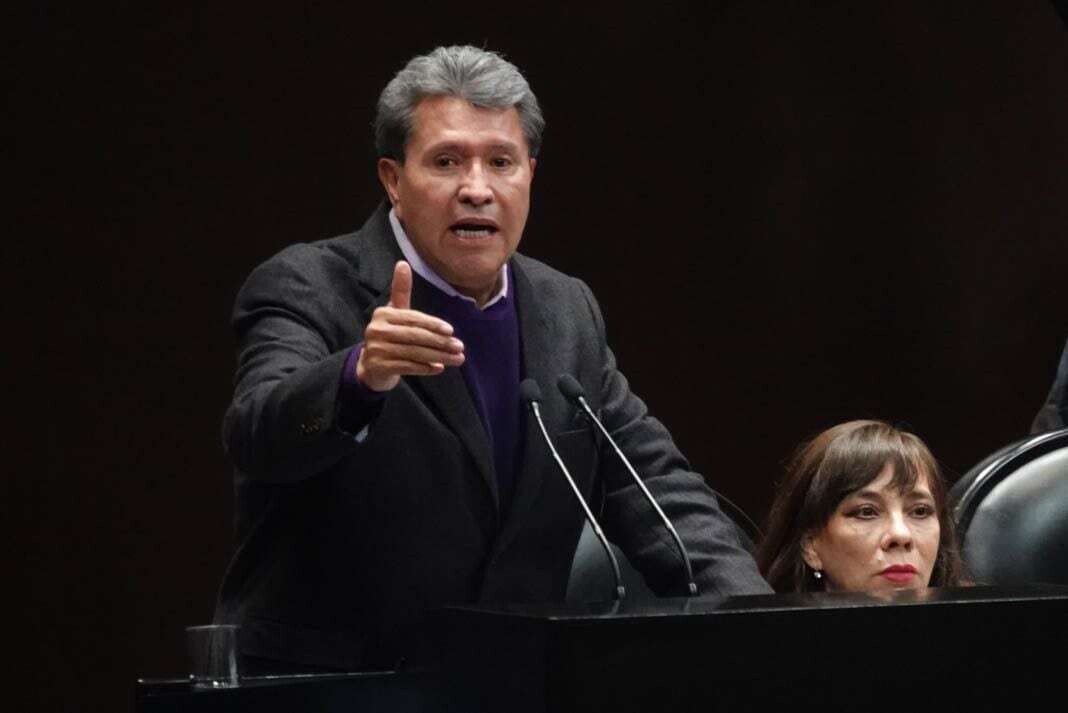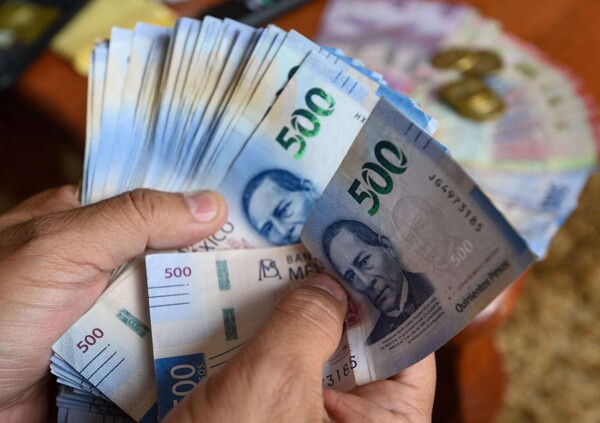
The leader of Morena in the Chamber of Deputies, Ricardo Monreal, raised from the podium the need for a profound tax reform in Mexico, arguing that it is urgent due to the unequal distribution of wealth and the aspiration for a more equal society. Monreal pointed out that greater effort is needed from those who have more to achieve this balance.
In his presentation, Monreal advocated for national unity and emphasized that it is essential to act responsibly. He proposed removing the crime of tax fraud from the catalog of serious crimes within the framework of a reform to Article 19 of the Constitution that deals with preventive detention.
Despite the stance of Claudia Sheinbaum's government, the leader of Morena warned that tax reform will be necessary in the near future. Monreal assured that they are working on tax progressivity to achieve it with justice, equality, and equity.
On his part, deputy Federico Döring from the PAN expressed his disagreement with Monreal's tax reform proposal, labeling it sectarian, revanchist, and vindictive. Döring opined that instead of a reform, the priority should be improving tax collection without imposing more tax burdens on entrepreneurs.
In contrast, the PRI deputy Rubén Moreira expressed his opposition to a greater tax burden for entrepreneurs and the middle classes, arguing that it is necessary to review what remains of Fobaproa, a debt from many years ago. He also emphasized that tax reform is not a necessity at this moment.
The divergent opinions regarding Monreal's tax reform proposal reflect a debate in the Finance Commission of the Legislative Palace, where the convenience and urgency of such reform in the current economic context is questioned. Therefore, the issue continues to generate discussion and conflicting positions among the various political parties represented in the lower house.














